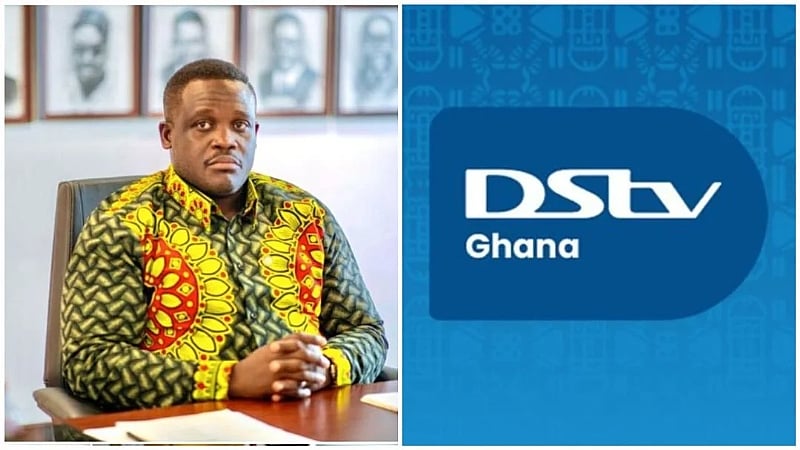The ongoing dispute between MultiChoice Ghana and the Ghanaian government over DStv subscription prices has taken a new turn, marked by conflicting narratives and the establishment of a mediating committee. The core issue revolves around public pressure and government intervention seeking to lower the cost of DStv services, which are perceived as excessively high by many Ghanaian subscribers. While the government announced the formation of a committee to determine a “suitable price reduction strategy” and claimed MultiChoice had agreed in principle to lower prices, the pay-TV provider promptly issued a statement denying any such agreement. This contradictory messaging has further muddied the waters and left subscribers uncertain about the future cost of their DStv packages.
MultiChoice Ghana, in its official statement, unequivocally refuted the government’s claim, emphasizing its commitment to engaging in constructive dialogue with the Ministry of Communications, Digital Technology, and Innovations to find a mutually beneficial solution. The company underscored its participation in the newly established five-member working committee, which includes representatives from the Ministry, the National Communications Authority (NCA), MultiChoice Ghana, and MultiChoice Africa. However, it categorically stated that it had not consented to any price reductions at this stage. This direct contradiction of the Minister’s earlier pronouncements has created confusion and fueled further debate about the potential outcome of the ongoing negotiations.
The Minister for Communications, Digital Technology, and Innovations, Samuel Nartey George, had earlier declared that MultiChoice had accepted the inevitability of a price reduction and that the committee’s task was to determine the extent of the reduction. He expressed confidence in reaching a decision within two weeks, inclusive of weekends. This optimistic timeline, however, appears to be challenged by MultiChoice’s denial of any pre-agreed price cuts. The contrasting positions of the two parties highlight the complexity of the situation and suggest that reaching a consensus may require more extensive deliberations.
The backdrop to this dispute involves recent regulatory actions against MultiChoice Ghana. The company faced a daily fine of GH¢10,000 for failing to comply with the Electronic Communications Act’s requirement to submit pricing data. The Ministry also threatened to suspend MultiChoice’s operating license if subscription prices were not reduced by September 6, 2025. These punitive measures reflect the government’s determination to exert pressure on MultiChoice and address public concerns about the affordability of DStv services. This escalating pressure likely contributed to the formation of the working committee as a means to resolve the impasse.
The formation of the committee, despite the conflicting statements, offers a potential pathway towards resolution. The committee’s mandate to recommend a “suitable price reduction strategy” suggests a more nuanced approach than simply imposing a price cut. This framework allows for consideration of various factors, including MultiChoice’s operational costs, market dynamics, and the affordability concerns of Ghanaian subscribers. The two-week timeframe set for the committee to deliver its recommendations, while ambitious given the apparent discord, indicates a desire to expedite the process and provide clarity to consumers.
Ultimately, the outcome of the committee’s deliberations will determine whether DStv subscribers will see a reduction in their monthly bills. MultiChoice’s participation in the committee, despite denying any prior agreement to price cuts, suggests a willingness to engage in good-faith negotiations. However, the company’s firm stance against predetermined price reductions underscores the potential challenges in reaching a compromise. The next two weeks will be crucial in determining whether the committee can bridge the divide between the government’s demands for affordability and MultiChoice’s commitment to maintaining the viability of its DStv service in Ghana. The subscribers, meanwhile, await the outcome with anticipation, hoping for a favorable resolution that balances affordability with continued access to quality programming.














